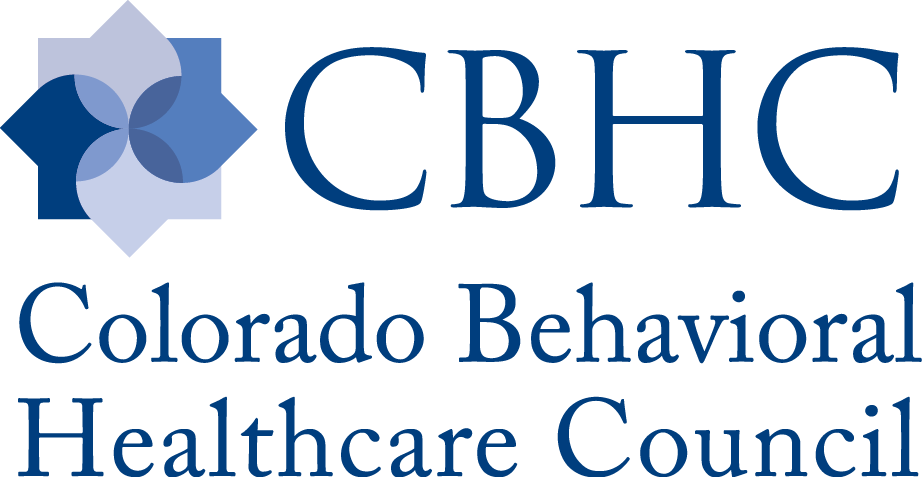The Centers for Medicare and Medicaid Services (CMS) has just released a final rule that, as previously signaled, changes the ICD-10 compliance date for providers, health plans and clearinghouses to Oct. 1, 2015 (a one-year delay from the originally anticipated Oct. 1, 2014, and the earliest permitted under the latest enacted “doc fix”). The rule also requires ICD-9-CM’s continued use through Sept. 30, 2015.
Drawing on previous estimates of the costs of a potential ICD-10 delay, CMS says it “conclude[s] that a delay of 1-year, as opposed to a longer delay, will be the least costly and most fiscally responsible way to implement the [statutory] requirements” and estimates the “cost of a 1-year delay to HIPAA covered entities will be $1.1 to $6.8 billion.” A table on p. 21-22 of the public inspection copy delineates estimated costs by entity (commercial health plan, Medicare, State Medicaid Agency and hospital and large provider organizations).
In opting to establish Oct. 1, 2015, as the ICD-10 compliance date (as soon as the law now permits), CMS says:
- “A delay of longer than 1 year would slow or even stop progress towards ICD-10 implementation,” adding that “[i]n order to preserve this momentum and encourage continued compliance efforts, we are establishing the shortest delay permitted by law, which is 1 year.”
- The agency adds that it believes its decision will “allow the industry to begin reaping the benefits of ICD-10 as soon as possible,” noting that “ICD-10 provides greater specificity of diagnosis-related groups; improves quality measurement and reporting capabilities; improves tracking of illnesses; and reflects greater accuracy of reimbursement for medical services,” for example.
- CMS also notes that “a 1-year delay, as opposed to a longer delay, is the least expensive option for the industry.”
The agency discusses its rationale for waiving the proposed rule-making stage and proceeding to a final rule beginning on p. 8 of the public inspection copy, saying, for example, that it is “imperative that covered entities know the new compliance dates now so they can begin immediately to take the necessary steps to comply.” In an accompanying press release, CMS says the agency “has implemented a comprehensive testing approach, including end-to-end testing in 2015, to help ensure providers are ready.” Additional resources on ICD-10 readiness are available here. On a related note, CMS is holding a call on its “Road to ICD-10” resources on Aug. 5 from 12-1pm ET (details).
The regulations are effective 30 days after Federal Register publication.
Health Solutions Celebrates 60 Years
Congratulations to Health Solutions on their 60 year anniversary! Serving Pueblo, Huerfano, and Las Animas Counties, Health…
CBHC Welcomes Edie Sonn to the Team!
The Colorado Behavioral Healthcare Council (CBHC) is pleased to announce that Edie Sonn will be joining our…
AG Community Highlighted as Colorado Mental Health Expert Testifies in Congress
Rural Stress is a term coined for those working in the agriculture industry, facing a unique set…
Why Diversus Health Is Partnering With a Soccer Team
Mental health isn’t something that can be ignored. From the most acute cases, to a more mild…




